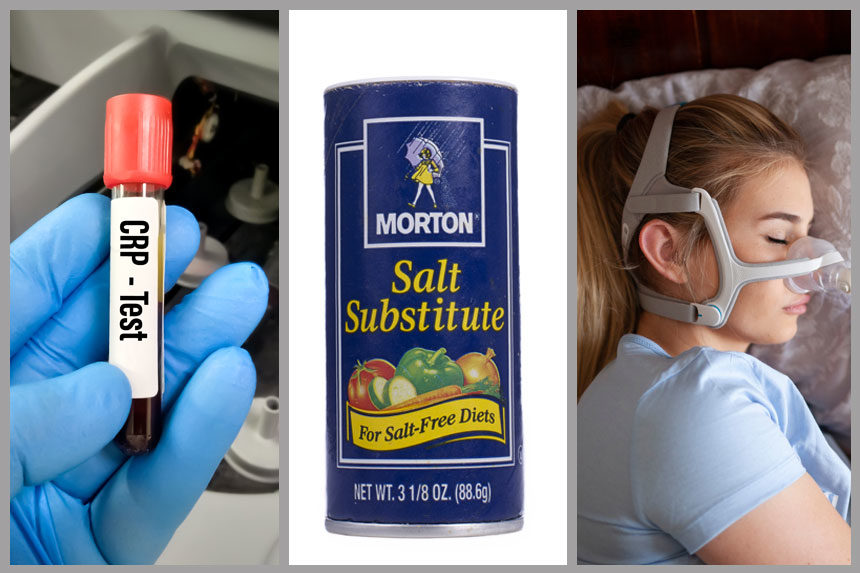“Your Health Checkup” is our online column by Dr. Douglas Zipes, an internationally acclaimed cardiologist, professor, author, inventor, and authority on pacing and electrophysiology. Dr. Zipes is also a contributor to The Saturday Evening Post print magazine. Subscribe to receive thoughtful articles, new fiction, health and wellness advice, and gems from our archive.
Order Dr. Zipes’ books, Ari’s Spoon, a new novel, as well as Bear’s Promise and Damn the Naysayers, A Doctor’s Memoir. Check out his website at dougzipes.com.
Cardiovascular disease (CVD) is a leading cause of death and disability, reduced quality of life, and increased healthcare costs. Prevention and treatment include behavioral and lifestyle changes that can modify risk factors and prevent the onset or progression of CVD.
As a cardiologist, I’ve written about CVD do’s and don’ts that have included advice about maintaining AHA Life’s Essential Eight, stopping alcohol, getting vaccinated, reducing obesity, eating properly, taking selective dietary supplements, and many other health recommendations.
Here are three additional recommendations gleaned from recent reports that will make a positive difference.
Salt
Millions of us the world over use an excessive amount of salt in our food preparation and at the dinner table. Investigators found in a recent Salt Substitute and Stroke Study of 32,000 individuals that if you replaced the usual saltshaker with a potassium-enriched salt substitute (there are many choices: Nu-Salt, Morton Salt Substitute, Zea Salt, GoodSalt, others), you could lower your blood pressure as well as your chances of dying. In another study, reducing regular salt intake by as little as 1/6 teaspoon per day reduced the risk for heart attacks by about four percent and strokes by six percent.
Sleep
Nearly 1 billion people worldwide have sleep-disordered breathing (SDB), i.e., abnormal pauses in breathing during sleep that can reduce oxygen levels in the blood and cause a variety of heart problems, including abnormal heart rhythms from both the top (atria) and bottom (ventricles) chambers of the heart, and even sudden death. A prominent cause of SDB is called obstructive sleep apnea from interference with air flow due to obesity, narrowed airways, smoking, and other factors. Treatment includes a device that uses positive pressure to keep the airways open and a mouthpiece to thrust the lower jaw forward during sleep. If you are a chronic snorer, it might be a good idea to see a sleep expert to consider causes and treatment options that can be assessed during a sleep study.
Inflammation
The benefits of reducing elevated LDL (bad) cholesterol with drugs like statins are well known. Less recognized is the role played by inflammation that contributes to cardiovascular risk in addition to elevated LDL. As shown in a recent study of patients well-treated with statins after a heart attack who also had chronic kidney disease, those with elevated inflammatory markers in the blood showed a reduction in recurrent major adverse cardiovascular events when the inflammatory markers were lowered by treatment with an anti-inflammatory drug. This occurred without change in LDL. Thus, residual inflammation appears to play a substantial role in the risk of recurrent cardiovascular events. Lifestyle modifications, perhaps with diet or vitamins such as vitamin D, as well as the development of novel agents that target inflammatory processes, may represent the next phase of treating heart attacks and strokes.
Become a Saturday Evening Post member and enjoy unlimited access. Subscribe now



